Is it time for you to make a career change?
Do you hate your job, want to earn more money, or wish you did something you're passionate about? Or has your career been affected by the current economic recession, forcing you to look for new opportunities? If so, starting a new career may be exactly what you need.
The famous investor Warren Buffet once said, "In a chronically leaking boat, energy devoted to changing vessels is more productive than energy devoted to patching leaks."

As productive and energizing as it sounds, shifting careers is still a scary prospect.
You probably have tons of questions: Is it too late to change careers? When should you start a new career? And what is the best way to change careers? Let's find out.
In this article, you'll learn how to make a career change in 10 simple steps so you can live your best life. Let's dive straight in.



Step 1. Understand Why You Want to Make a Career Change
Why do you want to change careers?
If you've been made redundant or the business you work for has closed, the answer to this question might be obvious. But whether you've chosen to make a career change or you're forced to consider new opportunities, now's the time to work out precisely what you want from a new career.
→ Click Here to Launch Your Online Business with Shopify
When you identify what you like and dislike about your current career, you'll know what to look for and what to avoid in a new career. It's also an excellent time to determine specific career aspects that you'd like to gain, such as the ability to work from home or the opportunity to spend more time interacting with others.
To find out what you want from a new career, consider journaling, chatting with people you trust, or simply having a deep think. Perhaps you want to:
- Earn more money
- Do something you're passionate about
- Explore new challenges
- Leave a toxic work environment
- Improve your work-life balance
Evaluate each part of your preferred career profile, such as the people, culture, location, and the work itself. Then summarize your key findings to help you identify the type of new career you'd like.
Step 2. Consider Your Situation, Skills, and Experience
To get from "A" to "B," you need to know where "A" is.
So, once you understand what you do and don't want from your new career, explore your situation, skills, and experience.
Listen to the entrepreneur and business advisor Rob Liano who said, "No one can discover you until you do. Exploit your talents, skills, and strengths and make the world sit up and take notice."
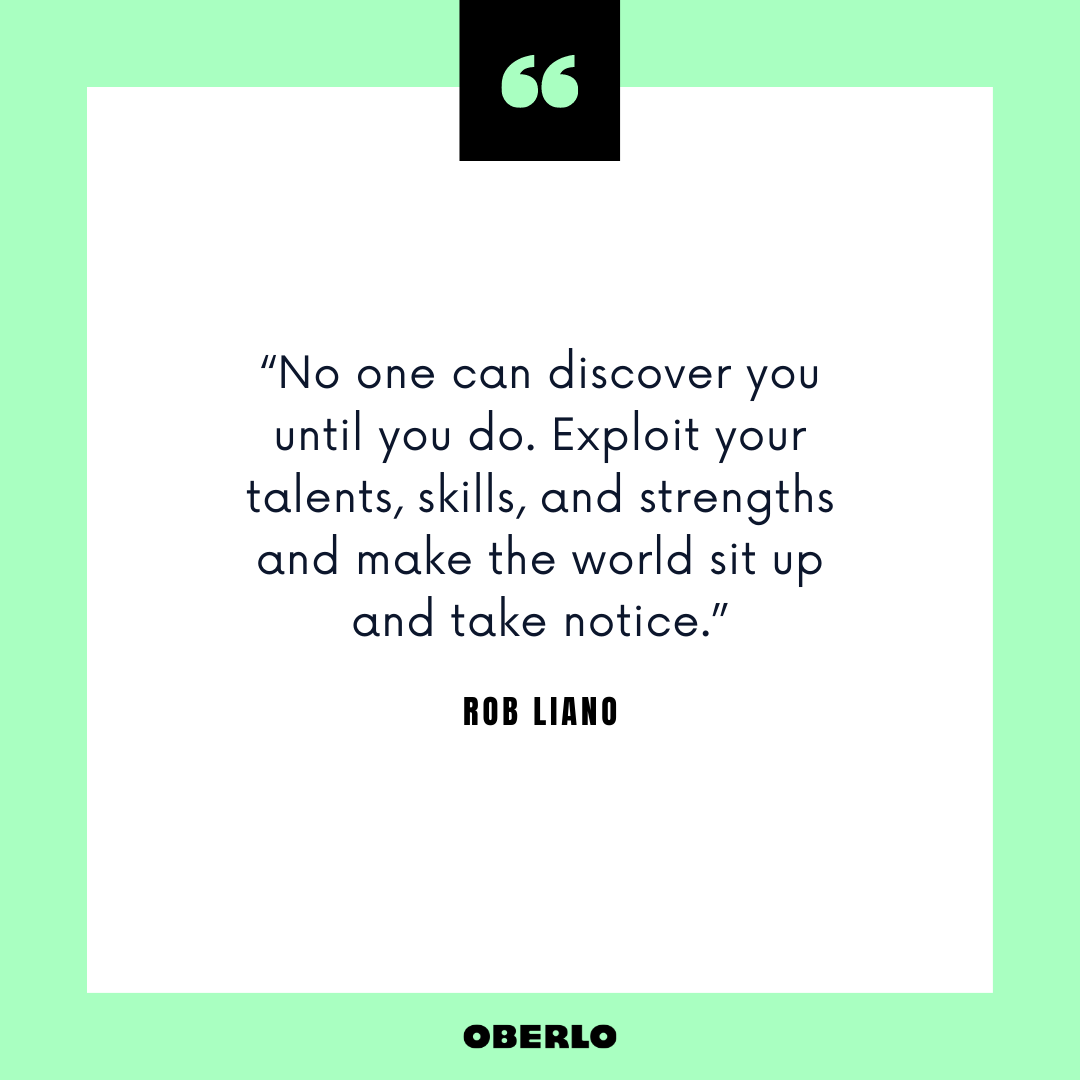
First, take into account your situation. For example:
- Can you afford to stop working to retrain, or do you need to keep working?
- Are you willing to relocate to start a new career?
- How much time and effort can you devote to changing professions?
Next, evaluate your skills, expertise, and experience – and consider both hard and soft skills.
Hard skills are easy to quantify and are often taught through dedicated courses, such as programming or graphic design. Soft skills are more difficult to quantify, such as communication, leadership, and teamwork skills, or your ability to problem solve, manage time, and motivate yourself.
Soft skills are sometimes referred to as "transferable skills." These skills are particularly valuable when you want to change career paths as they can often be applied to pretty much any career.
Once you've got the lay of the land, you should have a better understanding of the type of career switch that's possible for you.
Step 3. Brainstorm New Career Ideas
Now comes the fun part: brainstorming new career ideas!
During this stage, consider some straightforward advice from the journalist and writer Katharine Whitehorn: "Find out what you like doing best, and get someone to pay you for it." Obviously, this isn't always possible, but it's worth aiming for, right?
There are tons of ways to brainstorm career change ideas – for example, you could:
- Talk with friends and family about your core values and interests, then try to identify career change ideas that fit.
- Delve into your heart and mind by journaling about your potential job change to see what comes up.
- Write a giant list of every career you're interested in, then narrow it down to find possible new career ideas.
- Join career change groups on Facebook and Reddit to find inspiration – for example, check out the Career Guidance subreddit.
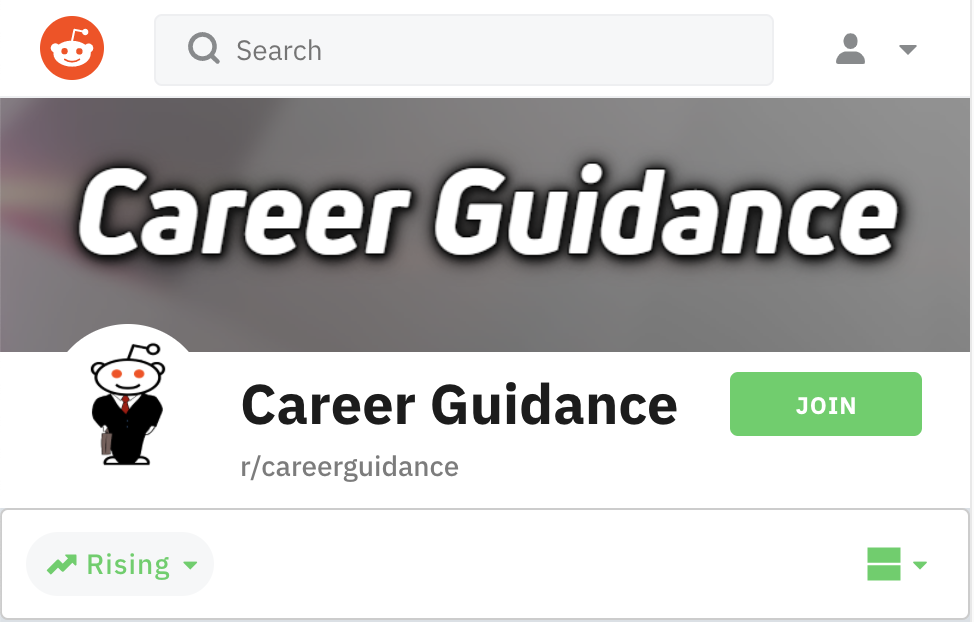
To start, consider every new career idea that comes to mind. You could also think about different job roles in the industry you currently work in as these jobs would allow you to harness your existing industry knowledge.
Finally, you could also consider starting a business or a side hustle.
Step 4. Research and Compare Career Change Ideas
Now that you've identified a handful of potential new career ideas, it's time to do some research to learn more about each one.
At this point, you may be tempted to disregard career change ideas because they seem too difficult or unrealistic. Try to ignore any skepticism that arises for now, and look into your favorite ideas with an open mind.
Take some advice from Nelson Mandela, the first black president of South Africa, who said, "There is no passion to be found in playing small – in settling for a life that is less than you are capable of living."
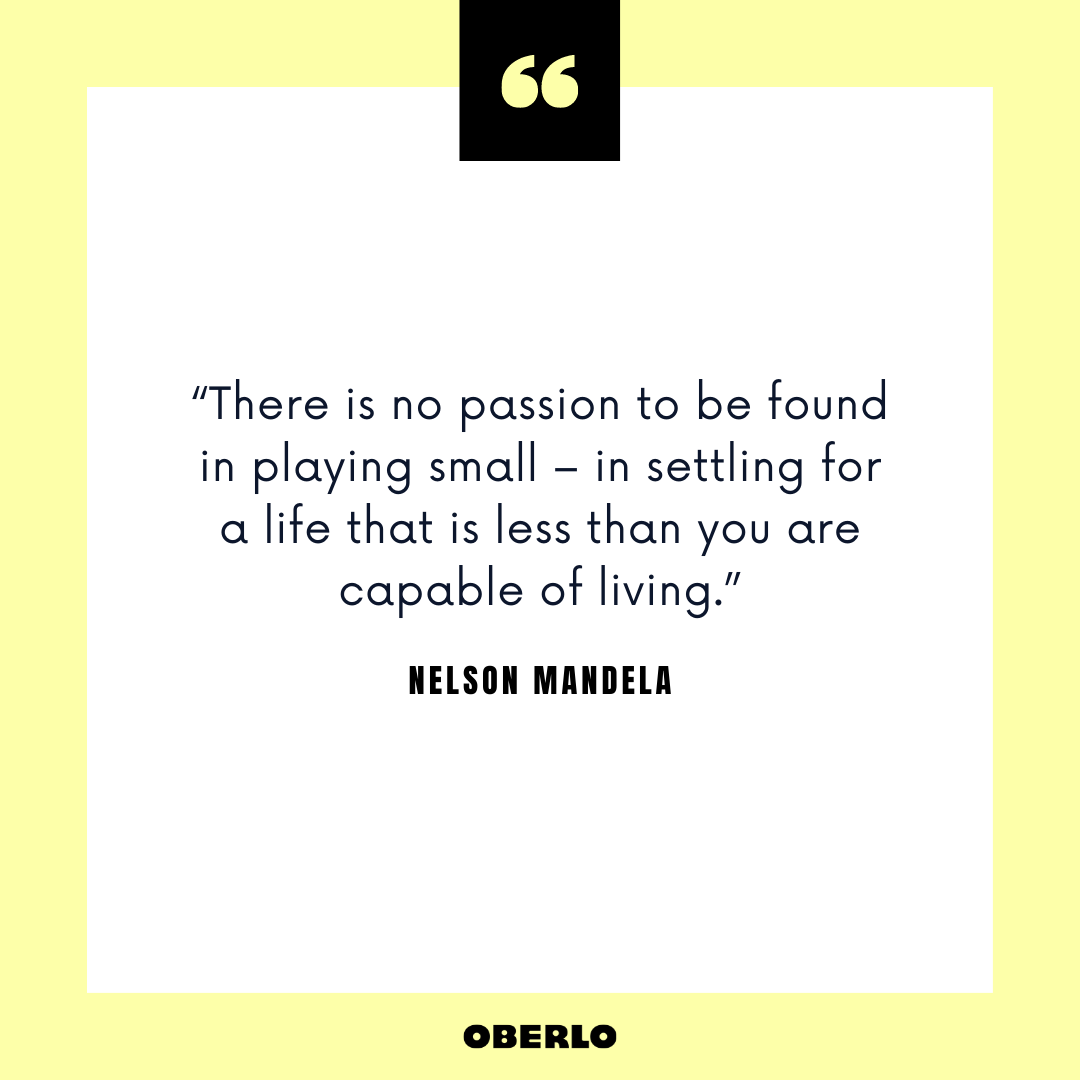
Start by searching online to find out everything you can about potential career change jobs. You could also reach out to contacts in your network or a career counselor to ask for their thoughts and advice.
When you've done some research, start to compare different new career ideas – ask questions like:
- Which careers do you think you would enjoy most, and which will you find most fulfilling?
- Do you think your personality will match the industry's culture?
- Which careers offer the most opportunity for career advancement and personal development?
Step 5. Research New Career Requirements
While conducting research, take some time to determine the requirements for each new career idea. For example:
- What qualifications will you need to attain, how long will they take to get, and how much will the process cost?
- Will you have to do an internship or on-the-job training? If so, how would that work?
- What additional skills and experience do you need and how can you get them?
Again, do some research online, reach out to contacts in your network, and consider speaking with a career counselor.
It's worth noting that this stage of your research could feel overwhelming – especially if the new career requirements are extensive. But when it comes to shifting careers, believing in yourself is half the battle, so remember what the entrepreneur Henry Ford said: "Whether you think you can or you think you can't, you're right."

Step 6. Test Drive Your Career Switch
Research can only get you so far – that's why the famous physicist Albert Einstein said, "The only source of knowledge is experience."
So, it's time to test drive your most promising career change ideas. This step is crucial. A job change may seem idyllic in theory, but the reality could be very different.
For example, the idea of becoming a financial advisor may feel exciting and interesting. However, one day of job shadowing would bring to light the extensive compliance measures that must be constantly managed.
Look for ways to get some firsthand experience – or at least, exposure – to the new career you're considering. For instance, you could:
- Reach out to friends, family, contacts in your network, or your college alumni and ask to shadow them on the job for a day.
- Identify freelance opportunities related to your new career idea and start a side hustle to experience the industry firsthand.
- Look for opportunities to volunteer for local charities in the industry, or offer your time to a local business for free to get some experience.
All in all, follow the advice of Michelle Obama, America's first African-American First Lady: "Just try new things. Don't be afraid. Step out of your comfort zones and soar, all right?"
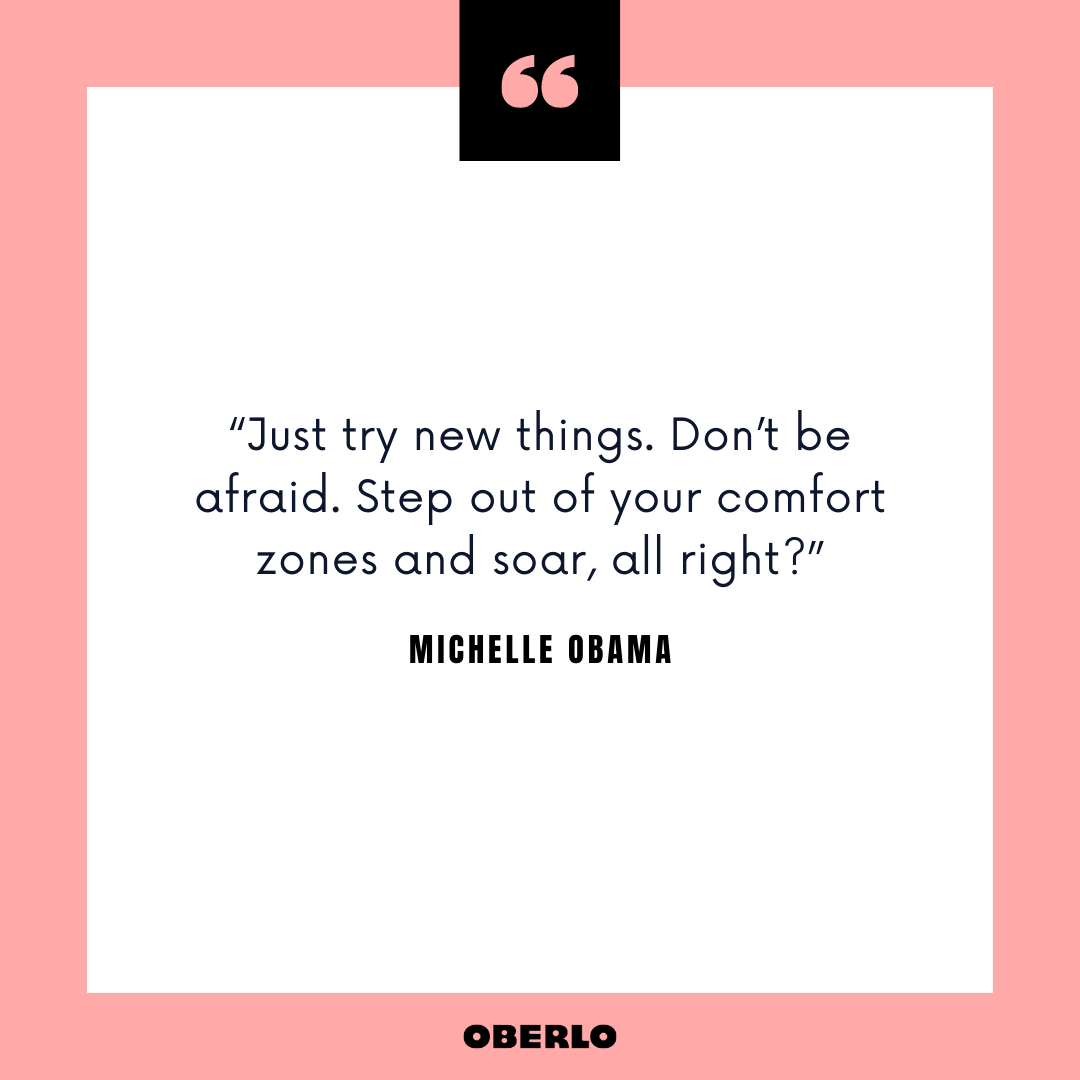
Step 7. Upgrade Your Skills and Experience
Once you've gained some experience in a couple of potential new careers, hopefully, you'll have a good idea which new career you'd like to start.
At this point, it's time to get ready to change careers.
Review the list of your new career's requirements, and make a plan to upgrade your skills and experience as necessary.
During this stage, keep in mind this quote from the psychologist and author Carol S. Dweck: "The hallmark of successful people is that they are always stretching themselves to learn new things."
To upgrade your skills, consider investing in formal or informal education. Nowadays, this is easier than ever, thanks to the internet and online courses. Plus, many online courses offer professional certifications to help you boost your credibility.
To get started, check out online course platforms like edX, Udemy, and Coursera.
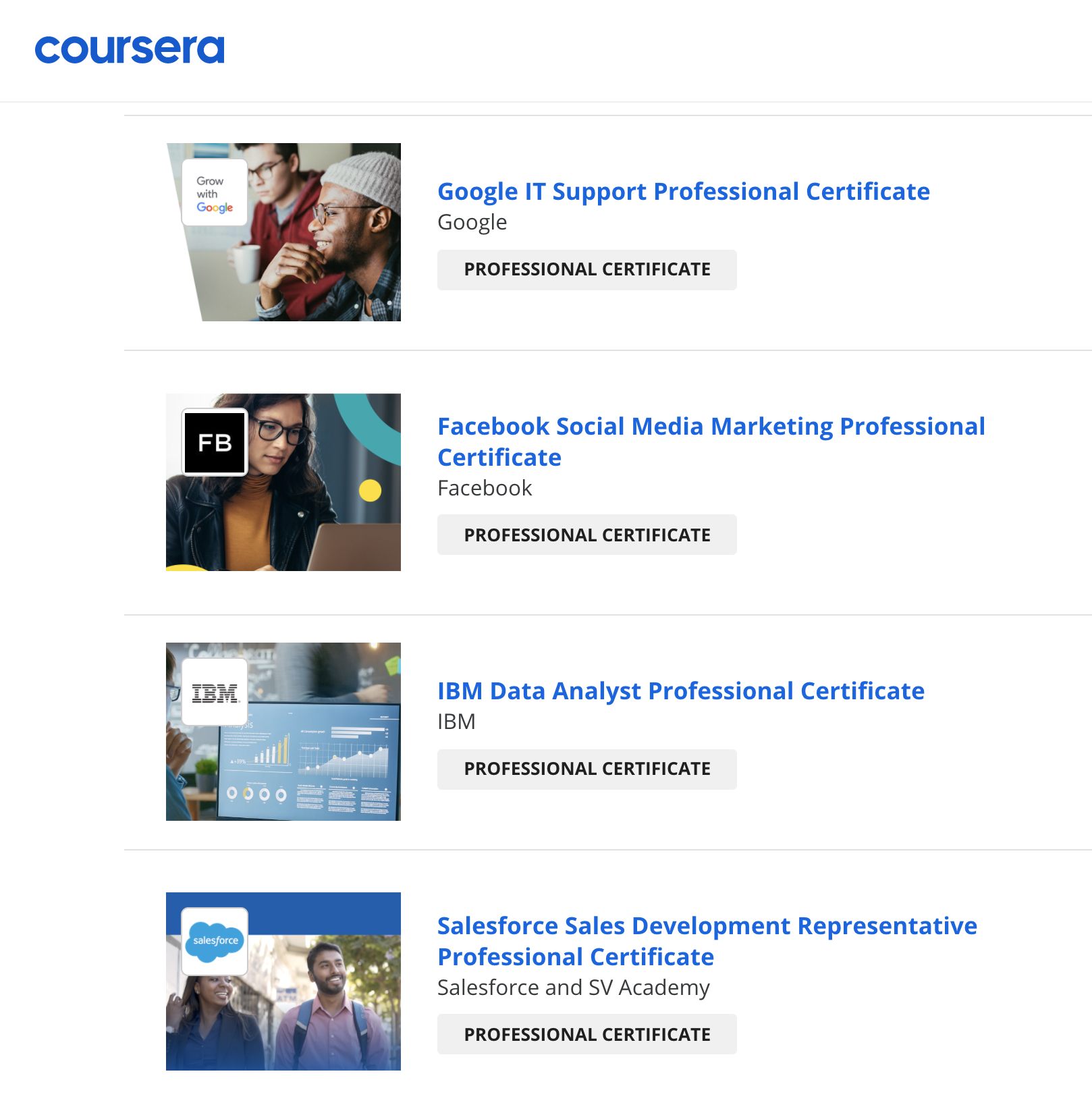
You could also gain additional experience by doing more job shadowing, freelancing, and volunteering.
Step 8. Prepare to Change Jobs
When you feel ready to make a career change, take some time to prepare for your job search. "Before anything else, preparation is the key to success," said Alexander Graham Bell, the inventor, scientist, and engineer.
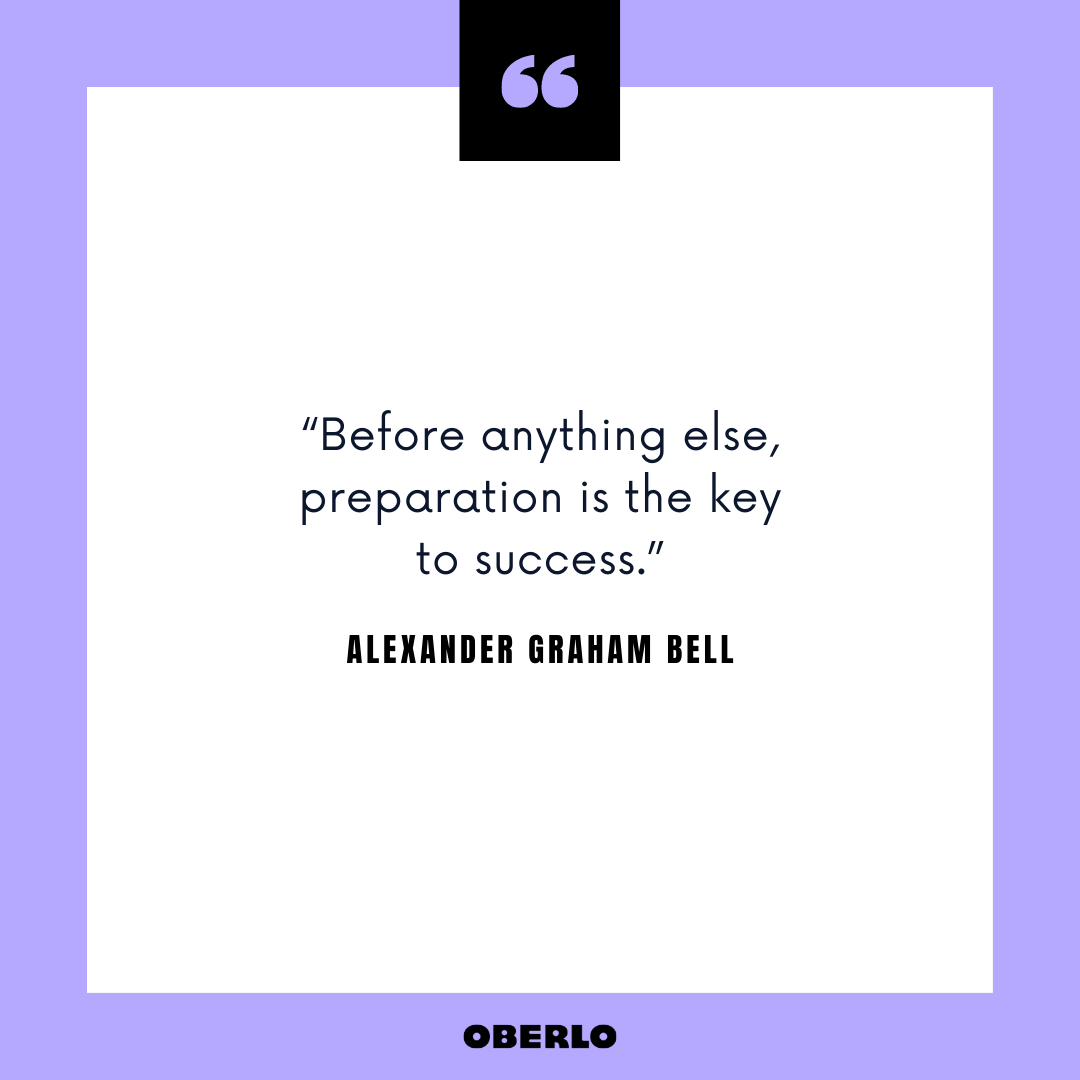
For instance, you could brush up your resume, optimize your LinkedIn profile, and practice your interview skills.
Once you've laid the foundations, reach out to people in your network and tell them about your desire to change careers. You never know – someone in your network may know a person at your dream company!
You could also establish and nurture new connections in your chosen field to learn from their experiences and get some advice. An excellent way to do this is to join online groups on Facebook and LinkedIn.
Step 9. Apply to Jobs
Now comes the challenging part: applying to jobs.
Scour online job boards like Indeed, Monster, and Glassdoor for your dream position. You may also want to check out remote job boards, such as FlexJobs, JustRemote, and We Work Remotely, if you're looking for a work-from-home job.
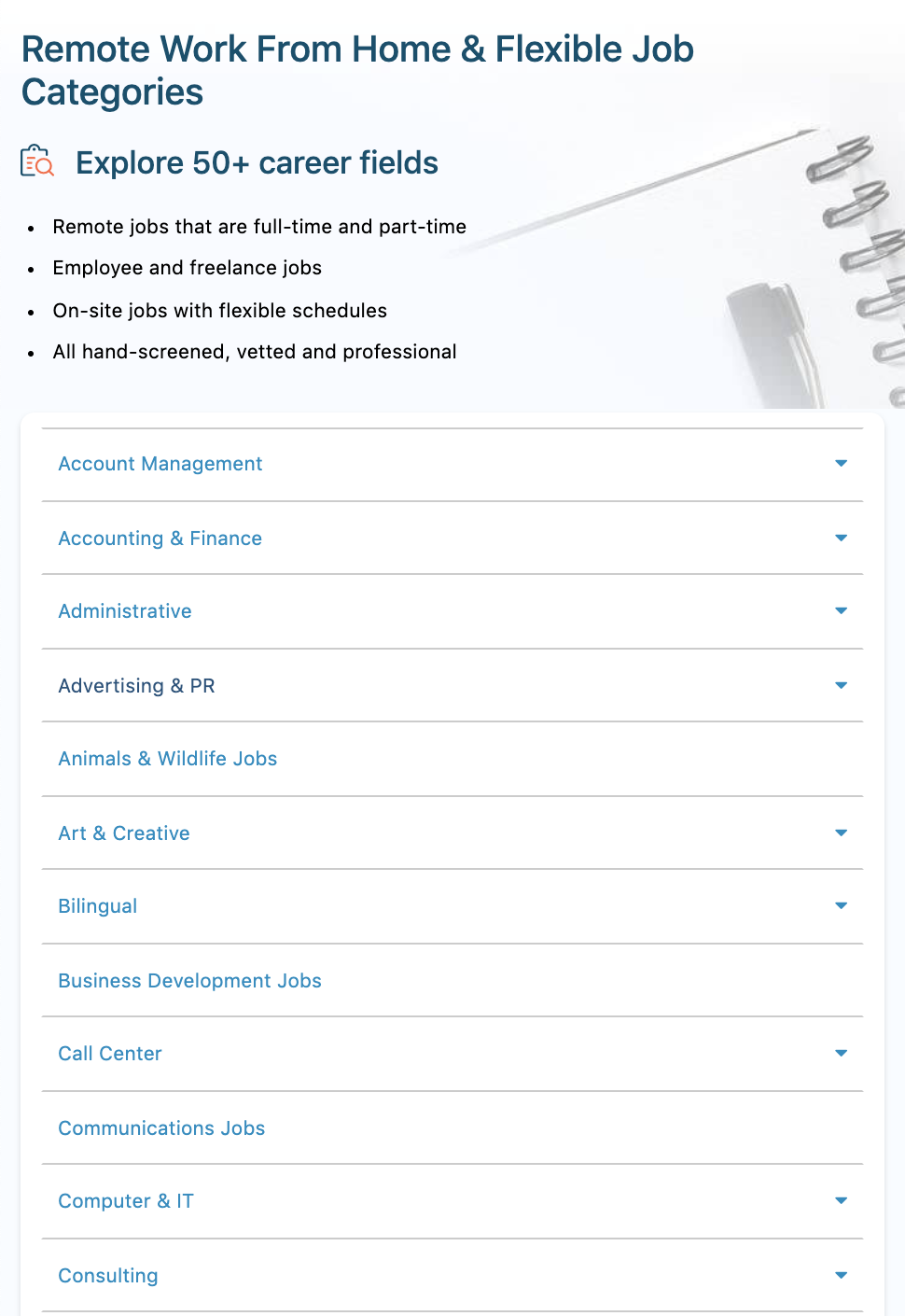
Applying to jobs can be incredibly time-consuming, draining, and frustrating. Still, as the four-time Olympic gold medalist Jesse Owens said, "In order to make dreams come into reality, it takes an awful lot of determination, dedication, self-discipline, and effort."
So, don't let the process get you down.
Instead, try to do a little work on your applications every day and commit to sticking to your job search until you start a new career.
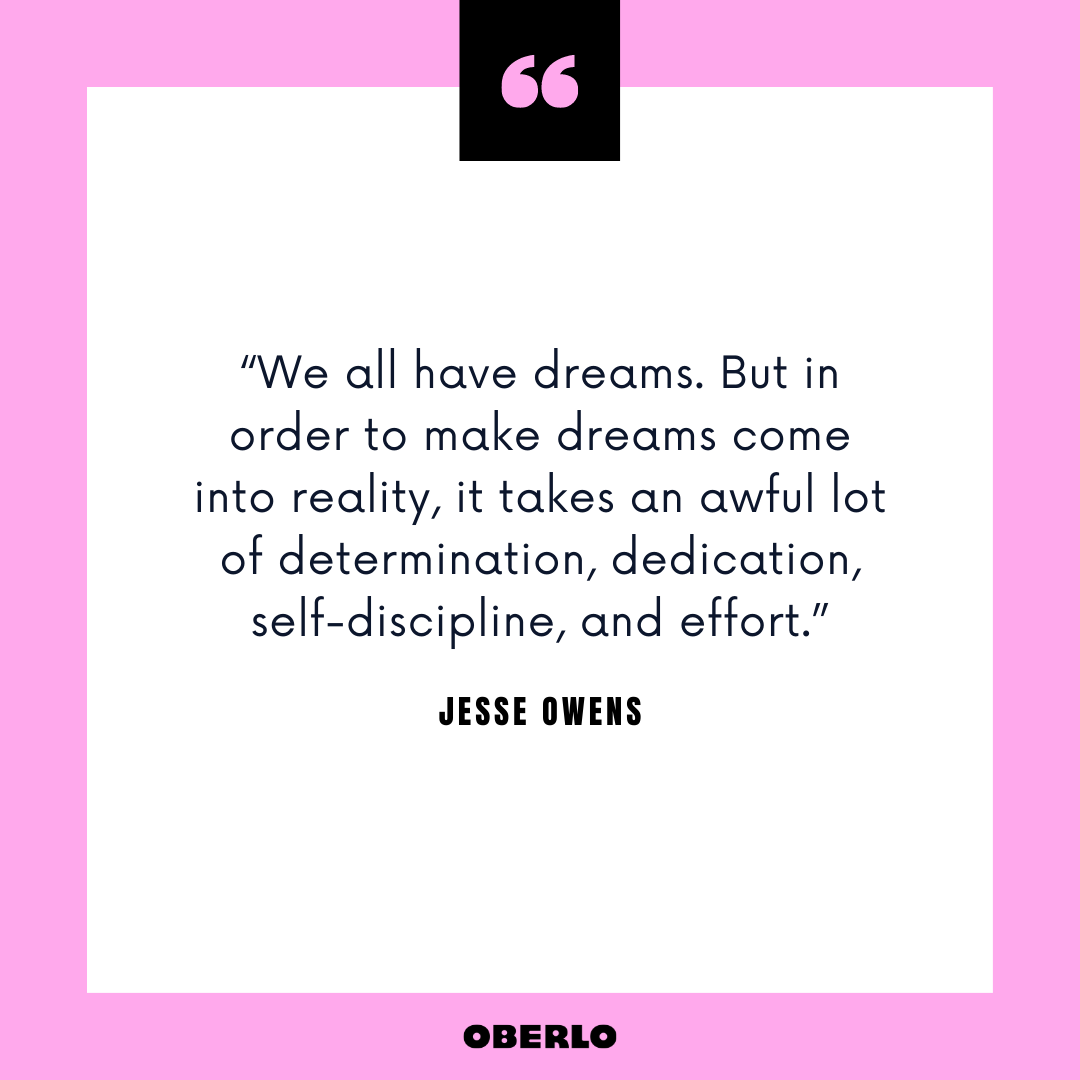
Step 10. Change Career Path
It may have been a long time coming, but hopefully, you'll land your dream job offer eventually.
Perhaps at that moment, you may feel nervous and question whether switching careers is the right thing to do. If this happens, take a moment to appreciate the effort, preparation, and determination that got you to this stage. You could also revisit your journal and talk to friends.
Whatever you do, find the courage to do what is right for you!
Summary: How to Make a Career Change
The idea of making a career change can be a scary prospect – but perhaps the idea of working in your existing career for the rest of your life is even more frightening.
In summary, here’s a 10-step formula to help you make a career change:
- Understand exactly why you want to change careers and what you want from a new career.
- Evaluate your situation, skills, and experience to understand what you're working with.
- Brainstorm new career ideas by talking with friends and doing some research online.
- Do some in-depth research on promising career change ideas and compare the findings.
- Find out what requirements you'll need to meet to get started in your new career.
- Gain some firsthand experience in your chosen industry to ensure you’re making the right move.
- Prepare to change careers by investing in your skills and experience.
- Get ready to apply to jobs by improving your resume and extending your network.
- Consistently apply to jobs and stick with it until you land an ideal job offer.
- Take the leap, start a new career, and live your best life!
Finally, never forget that when it comes to your life, you're in the driving seat. As the author Paulo Coelho said, "One day or day one. You decide."
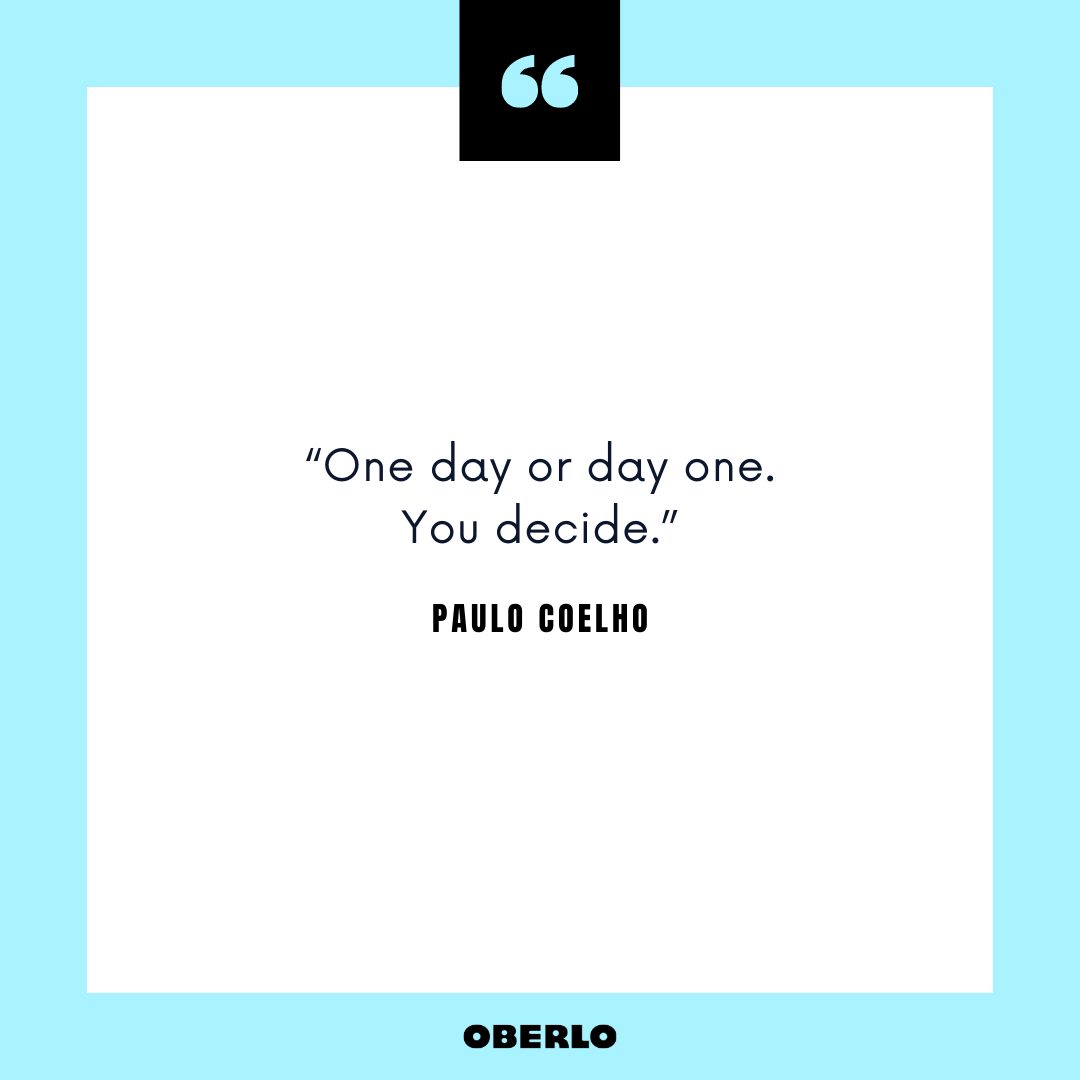
Why are you thinking about changing careers? Let us know in the comments below!






